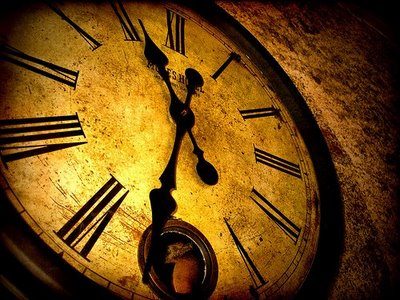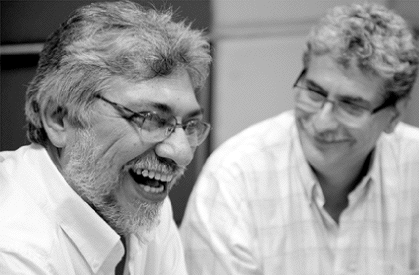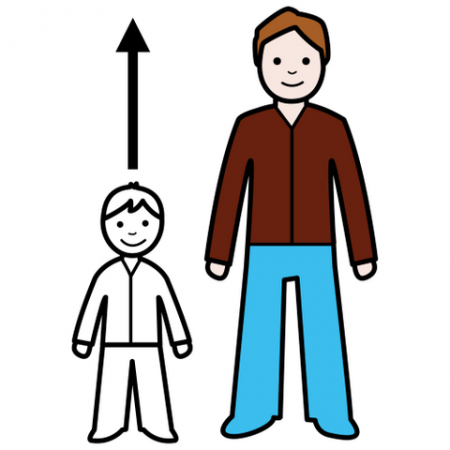 In a very general and broad sense, when speaking of impunity will be realizing the lack of punishment that someone received for carrying out an action contrary to what is established by the law of the community in which they live.
In a very general and broad sense, when speaking of impunity will be realizing the lack of punishment that someone received for carrying out an action contrary to what is established by the law of the community in which they live.
Absence of punishment for an offense typified by law
Meanwhile, at the request of the law itself, impunity will be called State in which a criminal act is found that has not been duly punished with the penalty that the corresponding law has provided for it.
This behavior contrary to the law and that did not receive a sanction can range from a traffic violation, such as crossing a red traffic light or exceeding the speed limit set on a highway, which could eventually threaten the safety of people, or, failing that, it is a crime that attempted against someone's physical integrity, such is the case of murder or rape.
Police and judicial complicity promote impunity
It is a recurring situation that the person who commits a crime or illicit escapes from the corresponding judicial action and by case it is that they will speak in terms of an unpunished fact, an unpunished individual.
Police complicity or also that of the bodies in charge of administering the corresponding justice are the most common reasons that trigger impunity.
When the police let a criminal escape or do not look for him directly, or when the justice system does not take care of the corresponding actions to thoroughly investigate a criminal act, they directly contribute to creating a state of impunity around a person or an event. .
This lack of action on the part of the corresponding authorities turns out to be very harmful to society because criminals are set free and without their corresponding punishments.
We must also speak of impunity when justice acts late and not immediately after the production of an offense.
This not only allows the offender to escape but also allows the crime to prescribe.
And on the other hand, we cannot ignore that many times it is the victims themselves who by not denouncing their perpetrators, in a timely manner, contribute to their impunity.
Repeated impunity is entrenched in society and causes tremendous damage to the progress of the community
The history of human beings is plagued with wars, massacres, genocides and murders, which normally take place under the protection of just causes, such is the case of war, and then, once it is over, the Most of those crimes that were committed under the wing of those circumstances considered normal and corresponding do not find punishment contributing to a state of impunity.
Impunity supposes such a lack of protection for the social fabric that unfortunately it will contribute to it becoming encrusted within it and later it will be very difficult to eradicate it, because everyone in one way or another will begin to act without heeding the law, spreading and spreading impunity , because not respecting the law became something natural and that nobody punishes.
The presence of this state of impunity in any nation that wants to advance and grow, undoubtedly, stands as a stumbling block for the aforementioned development.
We will be in a position to speak of impunity when a subject commits a crime and even if there is sufficient evidence to convict him of it, it does not turn out to be judged or punished.
We must mention that it is common that when justice does not act as it should, the victims, tired and very hurt by this lack of punishment, act per se and end up taking justice into their own hands, that is, they use violence to execute criminals .
Of course, this panorama is bleak and terrible for any community that aspires to development, peace and the strengthening of its institutions.
Laws of Impunity in Argentina
On the other hand, in Argentina is known as Laws of Impunity to the laws of End Point and Due Obedience and the series of presidential decrees signed in the nineties by the president of that time, Carlos Menem, through which the trial and execution of sentences against those responsible for crimes against humanity committed especially during the time of the military dictatorship (1976-1982) was prevented.
By the way, we must emphasize that some time later, during the presidency of Néstor Kirchner, they were repealed, a circumstance that returned the possibility of being able to judge said crimes.









